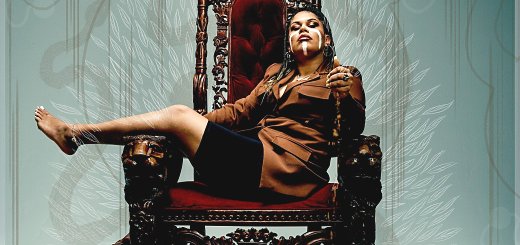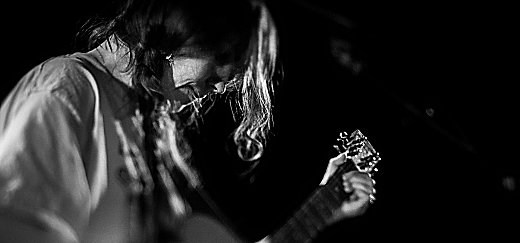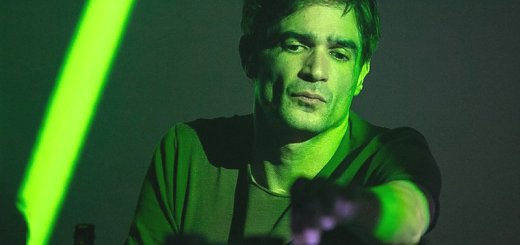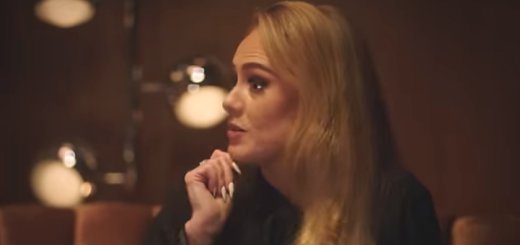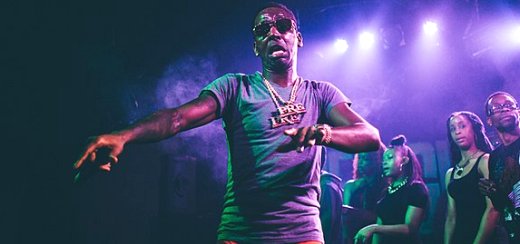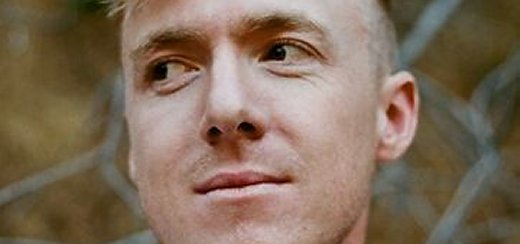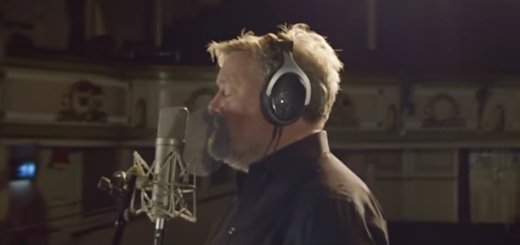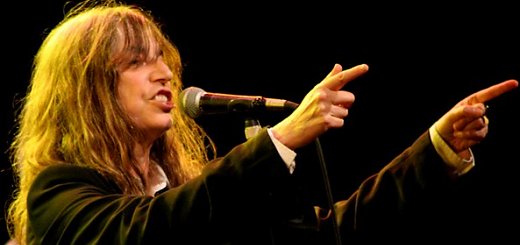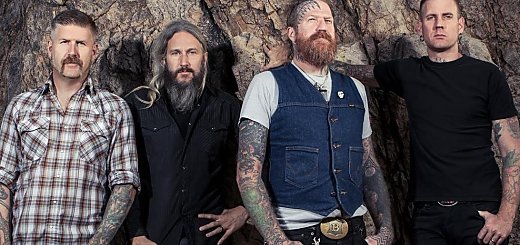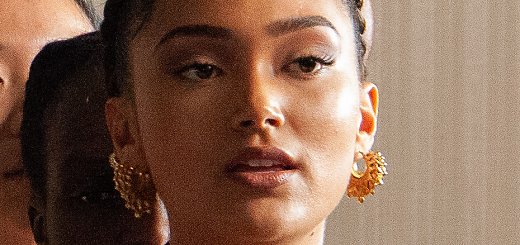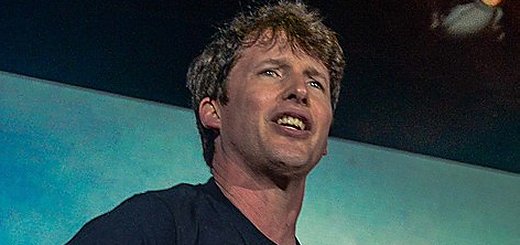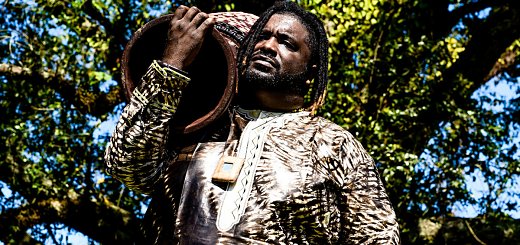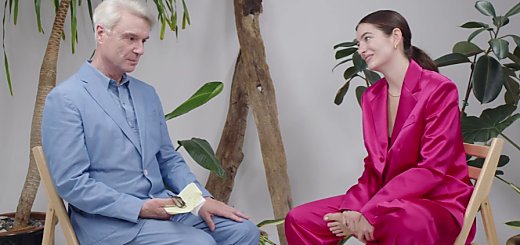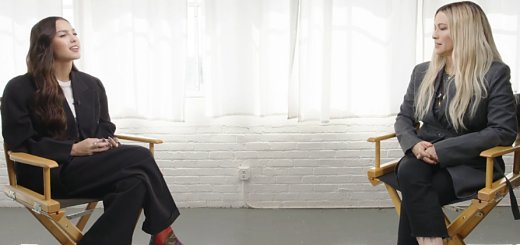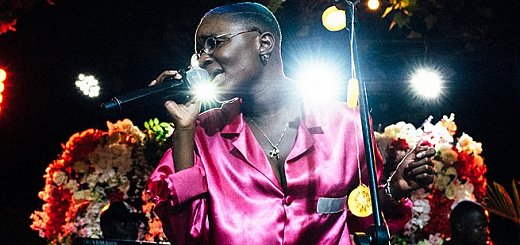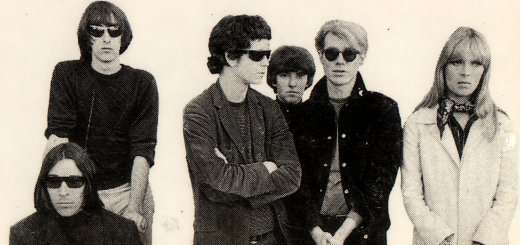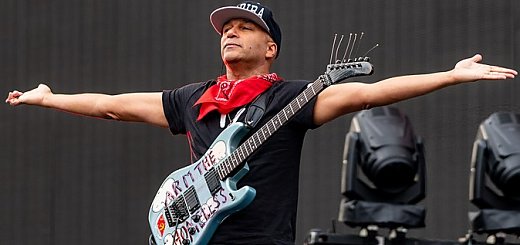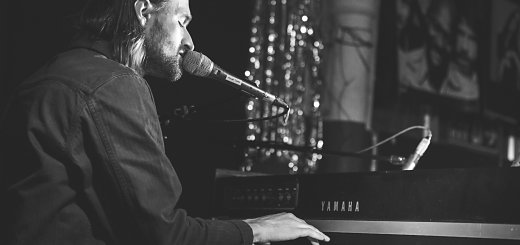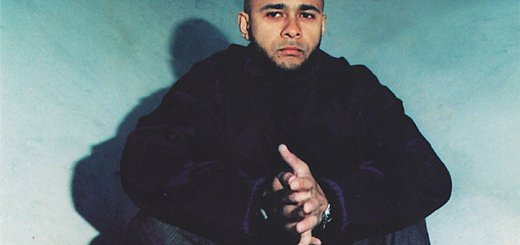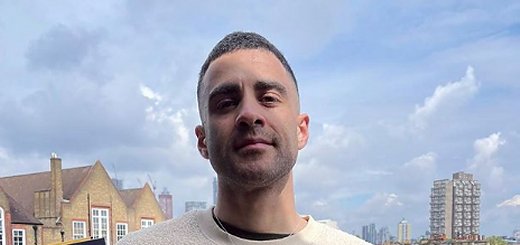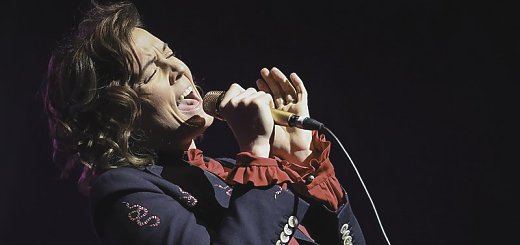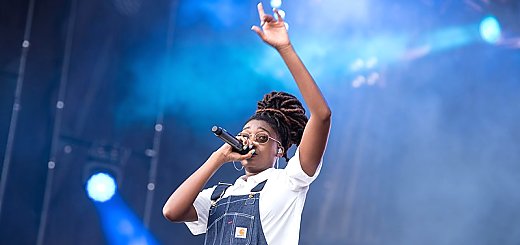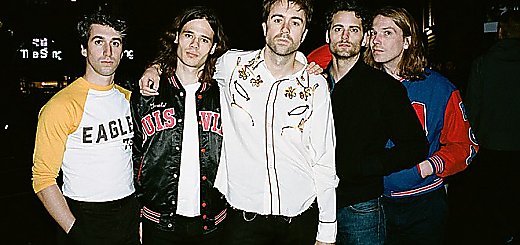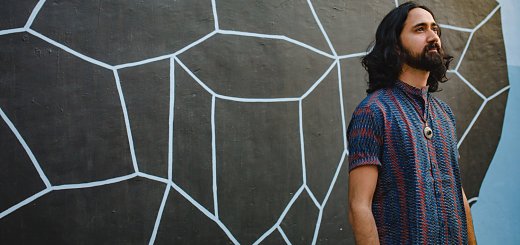An interesting conversation about being a performer with Depeche Mode's Dave Gahan in The New Cue. He says it takes him a while on tour to get in the zone for a show: "A whole day, and then it got to the point where I just sort of stayed in it. And that often happens with performance, especially if you're on a tour. Over the years, I've found that doing these really large tours with my band, I have to be fully in. You do step out every now and then because you do certain legs of the tour and you might have, like, a month in between certain legs and it's always very difficult to make that transition to come back home for a month, see your mates, see your wife and your kids and kind of be like, ‘oh, what's happening?’ At some point, you kind of switch and you end up like, ‘I've just got to stay in this until it's over’. You know, it's a long time, you're doing it for on and off for the best part of a year and a half, two years, so you invest a lot of yourself in it. After this last big tour Depeche did, it took me a good while when I got back home". He also talks about his new solo album 'The Imposter' and where the title came from: "I had imposter syndrome for a long time in Depeche. I mean, honestly, that's where the title for this record actually came from, the sort of final character, if you like, that I was using for myself to do that whole 'Spirit' tour. You know, he was the ultimate imposter, kind of on the edge of being maybe too old to be doing this".
